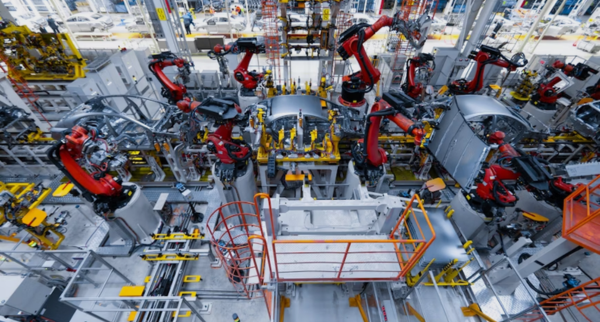AI and Automation: The Future of Business Operations
Artificial intelligence (AI) and automation are no longer futuristic concepts—they are reshaping how businesses operate today. From streamlining workflows and reducing human error to enabling faster decision-making, these technologies are driving a profound transformation across industries. For companies of all sizes, embracing AI and automation is not just a competitive advantage—it’s rapidly becoming a necessity.
The Rise of Intelligent Automation
At the heart of modern business transformation lies intelligent automation—the integration of AI with automation tools to perform complex tasks that previously required human intervention. Unlike traditional automation, which follows predefined rules, AI can adapt, learn from data, and make decisions in real time.
Common examples include:
-
Chatbots and virtual assistants providing 24/7 customer support
-
Predictive analytics for demand forecasting and inventory management
-
Robotic Process Automation (RPA) for handling repetitive administrative tasks like invoice processing, data entry, or compliance checks
These tools free up employees to focus on more strategic, creative, and value-adding activities.
Key Benefits for Business Operations
-
Increased Efficiency and Productivity
AI-powered systems work faster and more accurately than humans at many routine tasks. Businesses can process more transactions in less time, reducing costs and speeding up delivery. -
Improved Decision-Making
AI tools can analyze massive datasets in seconds, uncovering insights that humans might miss. This leads to smarter decisions in areas like marketing, finance, supply chain, and HR. -
Enhanced Customer Experience
Personalized recommendations, faster service, and 24/7 support driven by AI can significantly boost customer satisfaction and loyalty. -
Cost Reduction
Automation reduces the need for manual labour in repetitive tasks, cutting operational expenses while maintaining (or improving) accuracy and compliance.
Transforming Core Business Areas
-
Human Resources: AI can automate candidate screening, schedule interviews, and even assess soft skills through video analysis.
-
Finance: AI algorithms are being used for fraud detection, financial forecasting, and automated reporting.
-
Marketing: Machine learning helps brands personalize campaigns, segment audiences, and predict customer behavior.
-
Supply Chain: Predictive analytics optimize inventory, reduce waste, and improve logistics by anticipating demand and supply disruptions.
Challenges to Consider
Despite its benefits, the adoption of AI and automation comes with challenges:
-
Data privacy and security: More automation means more data collection, increasing the risk of breaches.
-
Workforce displacement: Certain roles may be eliminated, requiring companies to upskill or reskill employees.
-
Implementation complexity: Integrating AI tools with existing systems can be technically demanding and costly upfront.
To navigate these issues, businesses should prioritize ethical AI practices, invest in training programs, and adopt a phased implementation approach.
The Future Outlook
Looking ahead, AI and automation will only become more integrated into everyday business functions. Innovations such as generative AI, autonomous decision systems, and AI-driven robotics will further transform how work is done.
Companies that stay ahead of the curve—by embracing a culture of innovation and continuous learning—will gain a significant edge in efficiency, agility, and scalability.
Final Thought
AI and automation are not here to replace humans, but to augment human capabilities. The future of business operations lies in the seamless collaboration between people and intelligent systems. Those who adapt early will lead the way in tomorrow’s economy.
Also Read:
Top Revenue Streams for Athletes and Sports Teams
Top Clean Energy Startups to Watch in 2025
How Small Businesses Can Survive Economic Slowdowns
